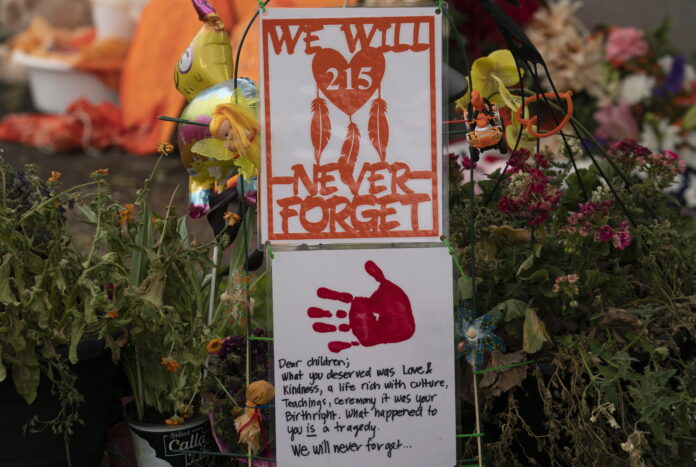On a recent episode of his “Ask Pastor John” podcast, theologian John Piper speaks about God’s providence and how it differs from signs from God or messages that people often attribute to God.
A listener describes being concerned when fellow Christians seek omens in everything from number patterns to cloud formations. “How do we wisely lead people into God’s all-encompassing providence,” the listener asks, “especially those who will be tempted—more than ever—to draw out signs from all of life’s circumstances?”
Piper, whose latest book is titled “Providence,” explains what the Bible says about the topic, emphasizing that providence isn’t a “private message” from God.
Piper: Don’t Look at Every Event for Signs From God
The core question for every follower of Jesus, says Piper, is this: “How shall I live my life so as to be found in the slipstream of God’s providence with the fullest knowledge of God, the greatest love of God, and bearing most fruit for the eternal good of other people for the glory of God?”
An unbiblical approach, the pastor says, is to assume that “the hundreds of events that befall us each day [have] messages in them that we’re supposed to decipher.” Instead of looking for signs from God, the biblical answer is to orient “our entire life toward understanding the revealed will of God in his Word—not a secret, hidden will in the coding of clouds and coincidences—and by availing ourselves of all the biblically appointed means of grace.”
The result, Piper says, pointing to Ephesians 4:23, is a transformed mind and a confident spirit. “Providence is taught in the Bible not as an alternative way of assurance and guidance that’s different from the revealed word of God,” he says, “but as the ground of our assurance that if we are guided by God’s Word, we will be found in the slipstream of God’s sovereign blessing forever.”
Why Providence Isn’t a Secret Message From God
Piper lists four reasons providence doesn’t equate to special codes or instructions for daily decision-making. First, he points out, humans lack the wisdom “to interpret providence for the guidance of your life.” By contrast, “God sees a thousand factors that you don’t see that put a completely different meaning on those three that you do see.”
Second, when our confidence hinges on “providential circumstances,” it’s akin to having “spiritual cataracts.” Piper says, “Providence buttresses our Word-awakened faith by showing that nothing can stop the promises of God from being fulfilled.”
The third argument against the “private message” mindset, Piper says, is that God doesn’t set apart certain people by giving them insider knowledge. His final point is that any claim of a special revelation or signs from God boils down to “an attempt to replace God’s ways and, ultimately, to replace God.”
Piper warns, “Don’t replace the infinitely precious Word of God with your puny, fallible capacities to decode the infinitely complex providence of God.” While “the paths of providence” will remain “a mystery” to earth-bound humans, he adds, God’s Word will always be our trustworthy lamp and light (Psalm 119:105).













